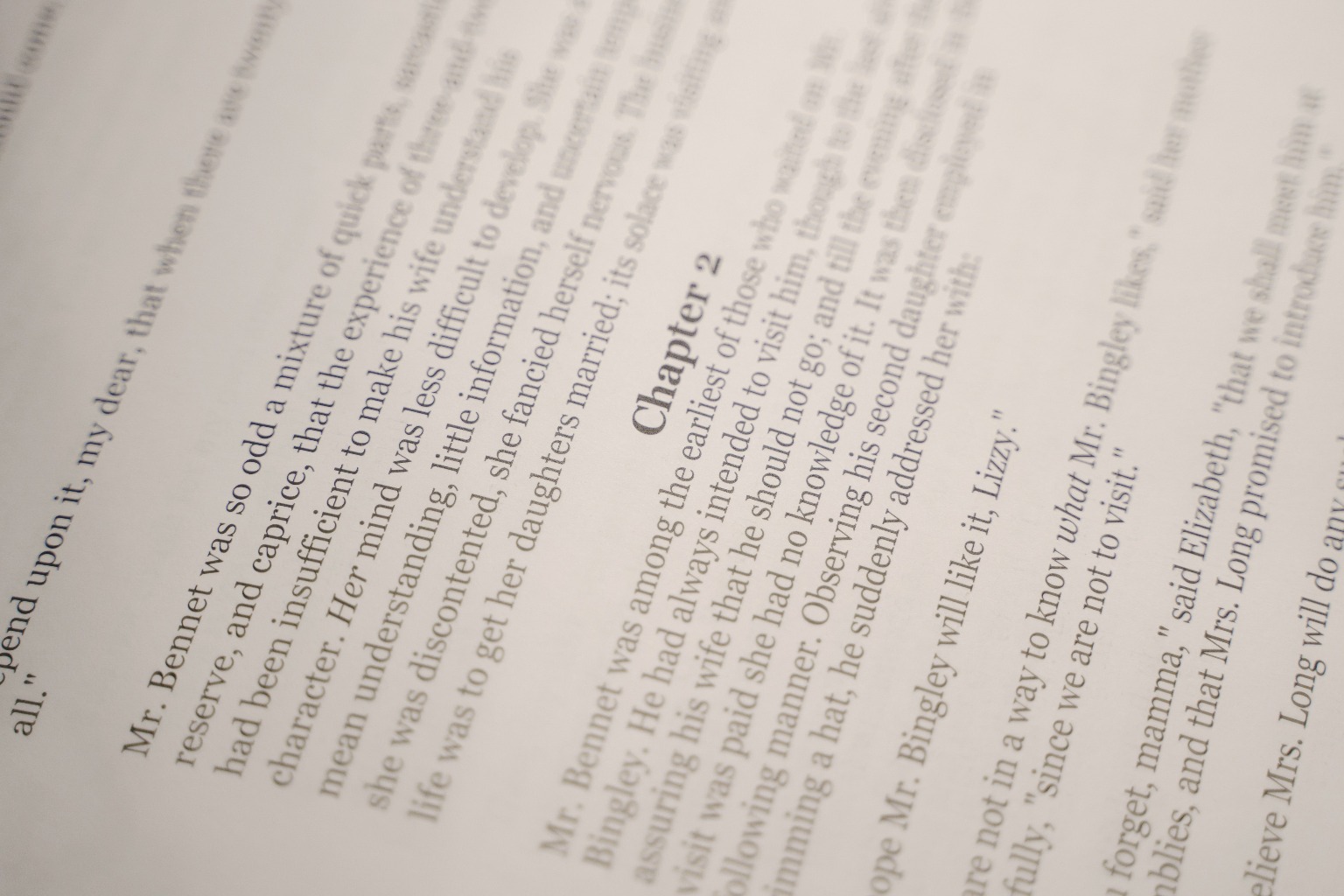
As bright-eyed and hopeful as a lot of us writers were feeling at the beginning of the year with our New Year’s resolutions, by the end of February we’re all starting to let ourselves down. I know plenty of times I’ve sat down to write only to get distracted by social media or watching “just a few minutes” of a TV show. With it so cold and dreary outside and waiting for spring to come, it can be tough to get into that writing groove.
Since I haven’t been feeling my most productive these days, I’ve come up with some ways of ensuring that I am able to turn out some decent work each time I write. I doubt I’m alone in my winter slump, so I thought I’d share some of these tips and tricks.
Here are ten tips on how to achieve productive writing sessions.

1) Schedule Your Writing Time and Stick to It
When trying to set up your writing sessions to be more productive, the first thing you should do is schedule regular writing time. Writing at the same time each day will help you to form a routine. After a while, your brain will start to get used to sliding into writing mode at that particular time.
A great way to achieve this regular writing time is by getting up an hour or two earlier in the morning. Everything’s quiet early in the morning so there will be fewer distractions. But you can also choose to stay up later or sacrifice some of your TV time instead.
For more info on how to create an effective writing routine, click here.

2) Meditate
One part of the difficulty in being productive during writing sessions is that it can get so hard to get your brain focused. A great tool for that is meditation. Every morning after I go for a walk, I try to meditate for ten to twenty minutes. I personally bounce between using Headspace, Calm, and guided meditations I’ve found on YouTube.
I know it’s not the easiest thing to get yourself into a regular meditation practice. But taking some time to become aware of all those thoughts whizzing through your mind without getting caught up in them does wonders for your ability to focus.
This post includes some links to my favorite YouTube meditations, as well as other ways to practice self-care while writing.

3) Outline
We are big fans of outlining here at Fictionate. I know it’s not everyone’s cup of tea—there are lots of you pantsers out there who feel caged in by outlines and prefer to write without constraints. Which is totally fine! But if you are having issues with your productivity, outlining can help you move forward.
An outline is like a map you can follow when you’re not sure where to go next. You can avoid looking at the map as much as you like and go where the most beautiful sights take you, but you will be very grateful for it when you pass by the tree with the weird moss for the seventh time.
Here’s a post that includes many helpful outlining templates to get you started, and here I delve into my own odd little way of outlining that’s always worked for me.

4) Avoid Internet Rabbit Holes
The Internet is amazing and a great tool for research, but it can also be a huge productivity killer. You might take a second away from your writing to check your email, click a link to some fascinating Reddit page, and before you know it you’ve spent your entire writing session surfing the web.
There are a few ways to avoid these Internet rabbit holes. One is to switch your phone off during writing time, or at least put it on silent so you can ignore texts and notifications. If you use Microsoft Word, Focus View also makes it a bit harder to click over to your web browser.
This article has a bunch of useful recommendations for apps that will block social media and other websites.

5) Invest in Some Noise-Canceling Headphones
I’ve discussed so many times by this point how important music is to the writing process that I won’t go harping about it yet again. Instead, we should talk about what you use to listen to that music.
You may think your earbuds will suffice, but you will be surprised what a big difference noise-canceling headphones can make. I got lucky enough that a friend was getting rid of a pair of brand-new noise-canceling headphones a few years ago. I didn’t even realize how distracted I had been by the noise coming from the other room until I didn’t have to deal with it anymore.
If you have a hard time focusing on your writing while listening to music with words, you may want to try instrumental music like the scores of your favorite movies.

6) Reread Your Previous Chapter
Whenever I get ready to start writing for the day, I always review the previous chapter—sometimes even a few previous chapters. I feel like it helps me get into the mood of my story. As I read, I sink down into my book’s world.
Going over your previous work will help you to remember the seeds you planted and the threads you need to tie up at some point. You’ll be able to start writing with the right mindset, and this will make you more productive.
It’s important to remember, though, that this is a pre-writing session exercise. The writing session doesn’t really start until you begin actually writing.

7) Separate Your Research, Writing, and Editing
While writing, you’re likely to come across a fact or two you need to look up. You’ll feel tempted to open up your browser and delve into Wikipedia or Google Books. Suddenly, it’s an hour later and you know much more about whatever you wanted to look up but haven’t written a word. Research is hugely important in the writing process, but it’s important to separate it from your dedicated writing time. If there’s some scientific or historical fact you don’t know, just make a note to look it up later.
The same goes for editing. As you write, your eyes will start to comb over your sentences, picking out errors. You need to ignore the urge to fix mistakes as you write and just push forward. There’s always time for editing later.
Your writing time should consist of writing and writing alone. Try to do the bulk of your research before you start the novel, and leave the editing for once your rough draft is done.

8) Use Writing Prompts When You Get Stuck
Even the best writers hit a wall every now and then. You’ll have trouble figuring out a good way to transition from one scene to the next, or perhaps your dialogue will start to feel stilted and unrealistic. It’s nothing to be ashamed of! We’ve all been there.
One way to overcome writer’s block is to look up some writing prompts online. There are lots of extensive lists on the Internet that consist of a ton of writing prompts you can use. They will challenge you to write a story entirely out of dialogue or to start with a particular sentence. Writing prompts can help to spark your creativity and give you a break from working on your story for a bit.
For some great lists of writing prompts, you can visit here, here, and here.

9) Find a Critique Partner to Keep You Accountable
We’ve discussed the wonders of having a critique partner before on the blog. A critique partner is a buddy who you trade your work with and provide feedback (more on that in the next section). In addition to providing editing advice, your critique partner can help to keep you accountable. You can tell them you plan to have your rough draft or so many chapters done by a certain date, and they will expect you to send those pages by then.
There’s nothing that helps you stick to your writing goals like having someone else along for the ride. You can even synch up your schedules so that you reach your deadlines at the same time.
There are plenty of ways to go about finding a critique partner. If you’ve got some writer friends, ask the one whose writing and reading tastes most closely align with yours. If not, you can search the Internet for online writing groups and it’s likely you’ll find at least one good candidate. I personally found my critique partner of many years on Maggie Stiefvater’s Critique Partner Matchup.

10) Solicit Feedback
Sometimes when you’re agonizing over a difficult chapter, the best thing to do is hand your work off to someone else for feedback. Just make sure that it’s someone you trust with your vulnerable writerly feelings. You should also choose someone who likes and knows the genre you’re writing.
Feedback can help provide you with direction during your writing sessions and make them more productive. I’ve solicited feedback when I was having a rough time with various projects and both the positive and constructive comments I received made a huge difference in my productivity.
You can seek feedback from various sources—your critique partner, friends, family, etc. As said, just try to make sure these people are the right sorts of readers for your book.
Even when writing is your favorite thing in the world, it can be rough moving forward at times. I hope these tips will help you to be more productive and get the most out of your writing sessions.
Soak Yourself in Fiction
Follow us on Facebook | Instagram | Twitter | Discord